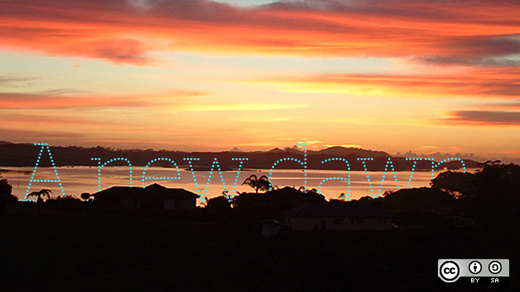The White House responded last week to the petition: Increasing Public Access to the Results of Scientific Research. It was posted to the We the People petition site and got 65,704 signatures (the minimum required is 25,000).
Notable excerpts:
The Obama Administration agrees that citizens deserve easy access to the results of research their tax dollars have paid for.
The logic behind enhanced public access is plain. We know that scientific research supported by the Federal Government spurs scientific breakthroughs and economic advances when research results are made available to innovators. Policies that mobilize these intellectual assets for re-use through broader access can accelerate scientific breakthroughs, increase innovation, and promote economic growth. That’s why the Obama Administration is committed to ensuring that the results of federally-funded scientific research are made available to and useful for the public, industry, and the scientific community.
Moreover, this research was funded by taxpayer dollars. Americans should have easy access to the results of research they help support.
To this end, John Holdren, Director of the Office of Science and Technology Policy, issued a memorandum on Friday, Feb 22,
directing US Federal agencies:
...with more than $100 million in research and development expenditures to develop plans to make the results of federally-funded research publicly available free of charge within 12 months after original publication.
The Administration is committed to ensuring that:
...the direct results of federally funded scientific research are made available to and useful for the public, industry, and the scientific community. Such results include peer-reviewed publications and digital data.
This policy for all Federal Agencies is inspired by the success of the NIH Public Access Policy. In addition to addressing access to publications, the memorandum also:
...requires that agencies start to address the need to improve upon the management and sharing of scientific data produced with Federal funding.
And adds:
Going forward, wider availability of scientific data will create innovative economic markets for services related to data curation, preservation, analysis, and visualization, among others.
This is a great step towards using openess to further the goals of scientific research and to benefit the public who has funded it.







4 Comments